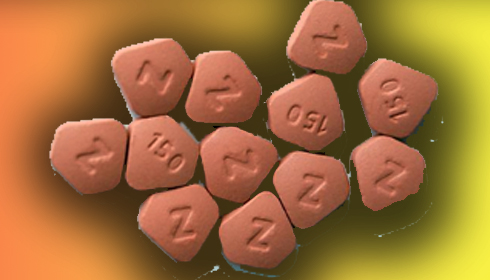
GSK to appeal against Delaware Daubert decision in the Zantac litigation
GSK has begun the process of appealing a recent Delaware Superior Court decision involving the Zantac (ranitidine) litigation. GSK is challenging the decision, which allows plaintiff expert testimony because it is inconsistent with previous Daubert standard applications in Delaware and federal courts. Pfizer, Sanofi, and Boehringer-Ingelheim have also joined the appeal.
In the Zantac Delaware case, a Delaware judge allowed jury trials in over 75,000 Zantac lawsuits. These lawsuits allege that the heartburn medication Zantac can cause cancer. Major pharmaceutical companies, including GSK, Pfizer, Sanofi, and Boehringer Ingelheim, are now facing potentially large awards, settlements, and litigation fees as they work to resolve these claims. GSK, in particular, could face $2 billion in liabilities if it decides to settle the numerous claims against it. The court decision allows juries to consider expert analyses of the potential health risks associated with Zantac, but it does not address the validity of the scientific evidence supporting these claims. GSK, Sanofi, and Pfizer intend to appeal the decision, arguing that "Zantac does not cause any type of cancer" and citing epidemiological studies that found no link between Zantac and cancer.
GSK said that it has filed an application seeking the right to appeal the decision to the Delaware Supreme Court, claiming that exceptional circumstances warrant interlocutory review. Tony Wood, GSK's Chief Scientific Officer, commented on the decision: "We believe it is critical to raise these issues now with the Delaware Supreme Court because of the profound implications this ruling may have for all companies and businesses incorporated in Delaware."
This case applied the Daubert standard, which determines the admissibility of expert testimony in court, differently than previous rulings. GSK claims that this inconsistency could have serious implications for future litigation in Delaware.
If the Delaware Superior Court approves the application, the Delaware Supreme Court will hear the appeal. Should the Delaware Superior Court deny the application, GSK and the other defendants will seek direct leave to appeal to the Delaware Supreme Court. People in the know of things anticipate the interlocutory review decision later this year.
The scientific consensus is that there is no consistent or reliable evidence that ranitidine, the active ingredient in Zantac, increases the risk of cancer. 16 epidemiological studies, involving over one million ranitidine users, support this conclusion.
GSK continues to vigorously defend itself. "Our goal is to manage this litigation in the best interests of the company and our shareholders," Tony Wood stated.
The outcome of this appeal could have far-reaching consequences for the interpretation and application of the Daubert standard in subsequent cases.